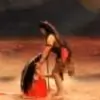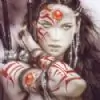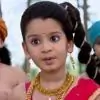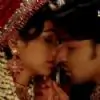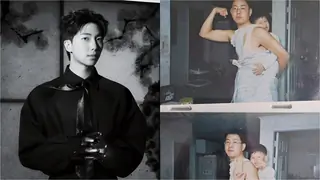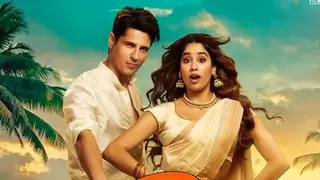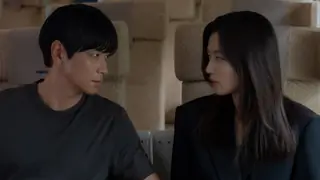Originally posted by: varaali
Diala
As I said earlier, a threadbare, word - to word analysis will not provide any logical conclusion, for the reason I stated above: this is a poetic work, not a scientific one.
I never claimed Pandavas and karna knew / not know each other. In fact I just offered a general guideline, regarding the usage of words / meters in Sanskrit poetry.
If I attempt to answer your question, it will be a mere conjecture of mine and hence, debatable. Therefore, I will desist.
There are some sections in the MB like the Y - Y samvada, which have been subject to word- by word scrutiny by great scholars and there if we have a doubt, we can turn to their researches.
In that case, nothing can be concluded from the MB. Since it's a work of poetry, as opposed to a historical work, it is allowed to contradict itself in different places just so that the rules about the composition of verses are followed.
Which is fine & dandy, except that once it starts contradicting itself in different places, its credibility is shot. And the number of holes one could poke would make it look like swiss cheese. Just one example at the drop of a crown - Shikhandi's son Kshatradeva is described in one place as being killed by Drona, and in another place as being killed by Duryodhan's Laxman. Do Sanskrit poetry licenses allow this as well?
Valmiki's work, for instance, almost never has such internal contradictions, which is why one could pick a quote out of anywhere, and not have it contradicted elsewhere. Only exception - claiming in different places that Rama's rule was 10k and 11k years.
Vyasa, OTOH, not only is contradictory b/w his different works (which usually have to be read in combination to make sense of certain things: e.g. in Mausala parva, there is no way one would know about Kritavarma's role in the murder of Satyabhama's father, referenced by Satyaki just b4 he slays the former, unless one had read SB), but is even contradicted within a single work. Like in Adi Parva, there is no mention of Karna asking anything from Indra, but in Vana Parva there is. What does one conclude w/o doing a threadbare analysis?
My point being - if one puts the poetry rules disclaimer to refute conclusions made from a combined reading of different sections, it just feeds into the assertion of critics that the story is mythical, as opposed to mythological, much less historical.
Edited by .Vrish. - 11 years ago


